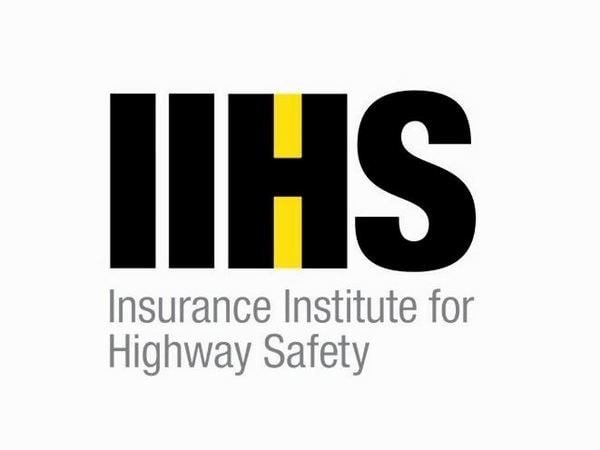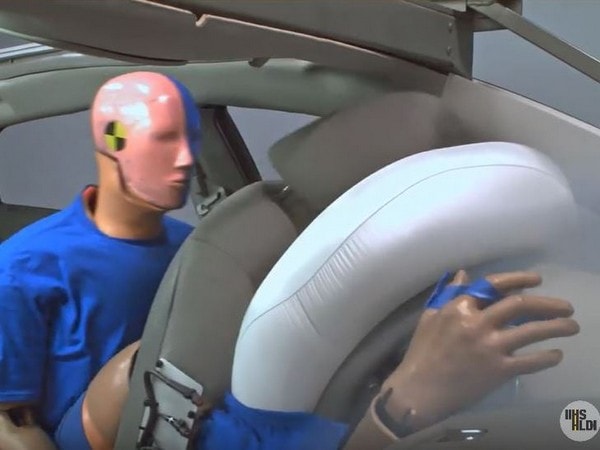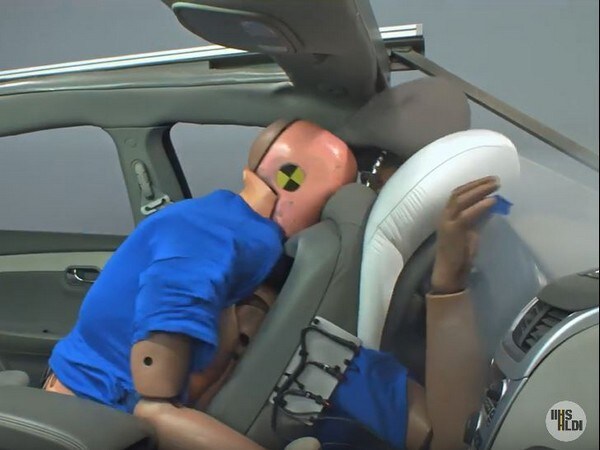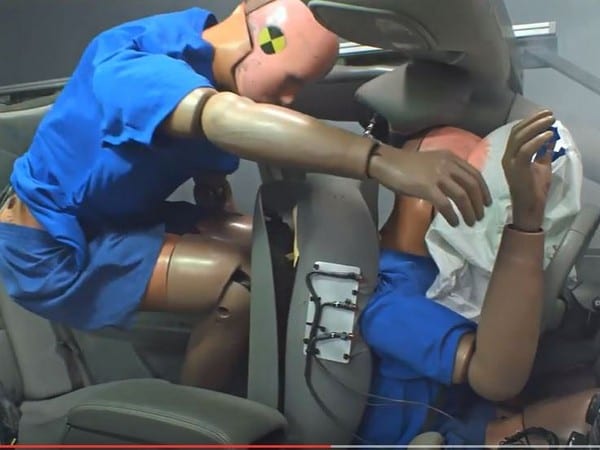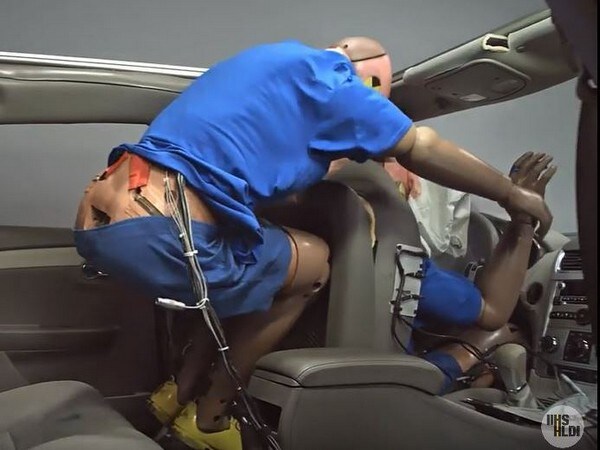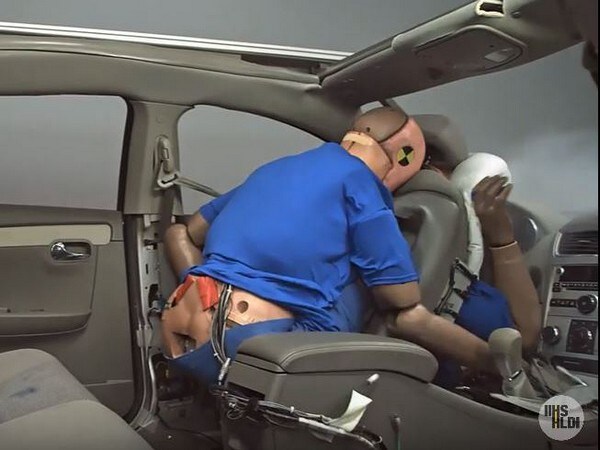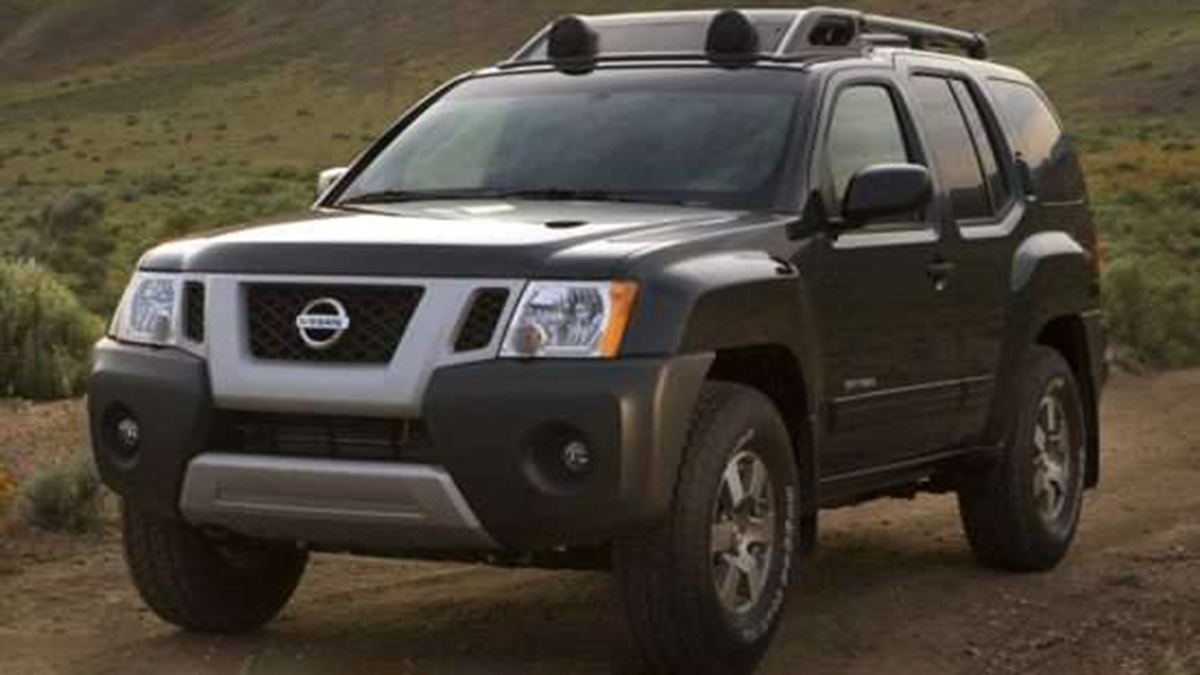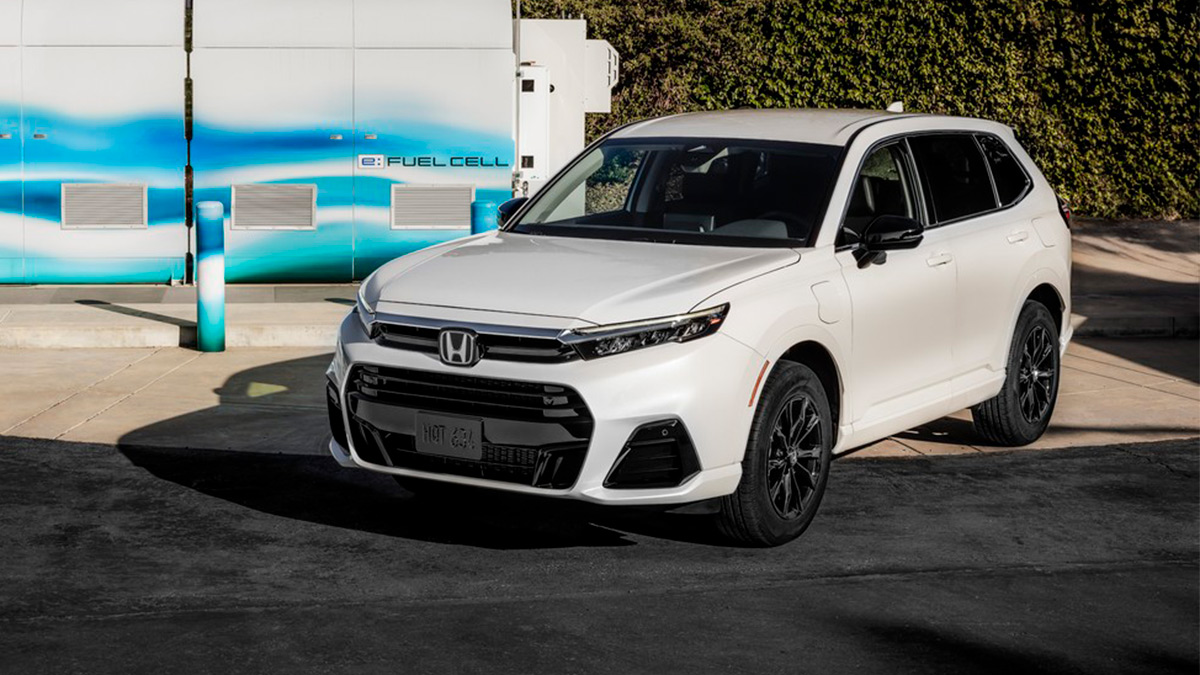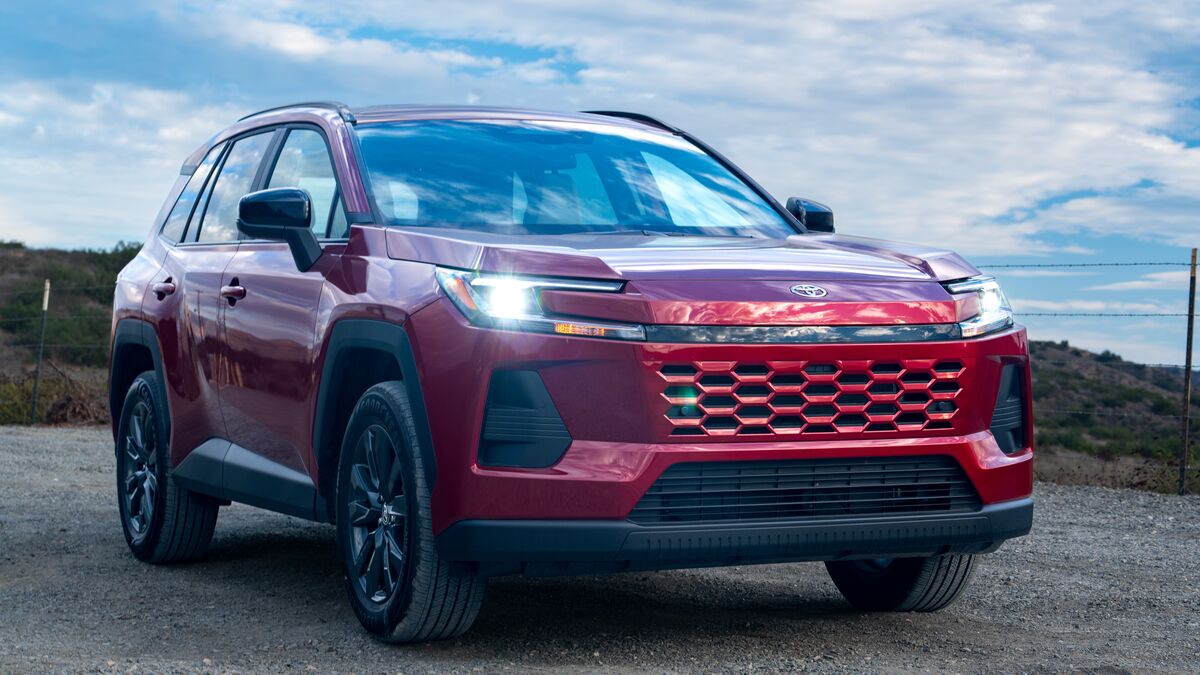A new study by the Insurance Institute for Highway Safety found that rear-seat passengers are far less likely to use seatbelts that those riding up front. The decision is based on a perception that it’s inherently safer to ride in the rear, but unfortunately the practice of going beltless in the back can have deadly consequences.
Also: Get your first look at the new and redesigned cars of 2018
Although 91 percent of respondents to the IIHS survey said they always buckled up when in the front seat, only 72 percent of rear passengers made the same claim. The stats were even worse for those who regularly use taxis or ride-hailing services like Lyft and Uber. Just 57 percent said they always buckled up compared to 74 percent of those seated in the back seat of their personal vehicles.
The fundamental problem is that in a crash, anyone in the front seat can be killed or more seriously hurt as a result of being struck by an unbelted rear passenger. In 2013, research by the University of Virginia discovered the chances of a driver being fatally injured in a collision more than doubled if the passenger riding behind was not belted. And a 2015 IIHS study done in conjunction with The Children’s Hospital of Philadelphia found unrestrained rear-seat occupants were nearly 8 times as likely to sustain a serious injury in a crash as those who were wearing restraints.
Also: See the 12 Kelley Blue Book Best Buys of 2017
Interestingly enough, the IIHS noted that nearly 40 percent of its 1,172 survey respondents said they sometimes don’t buckle up in the rear seat because the practice is not universally mandated by law–today only 29 states have such regulations. If belt laws were more stringent, 60 percent claimed they would comply. A number of non-belt users also indicated that more comfortable belts would increase usage. The bottom line is that more than half of vehicle related fatalities that occur in the U.S. are suffered by individuals who are not wearing seatbelts. Experts believe that an additional 2,800 lives could be saved each year if everyone was properly belted in at all times.
More Safety Technology News:
10 automakers will make Auto Emergency Braking standard on future models
The 2016 Kia Soul offers a new Forward Collision Warning system
The all-new 2016 Honda Pilot adds Collision Mitigating Braking to its option roster
